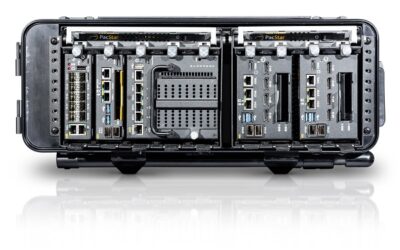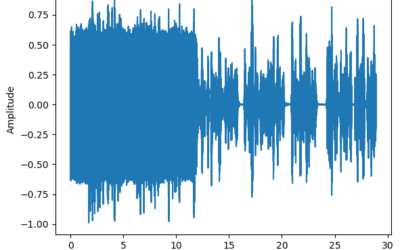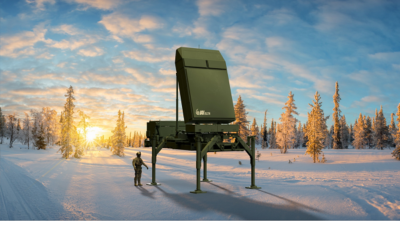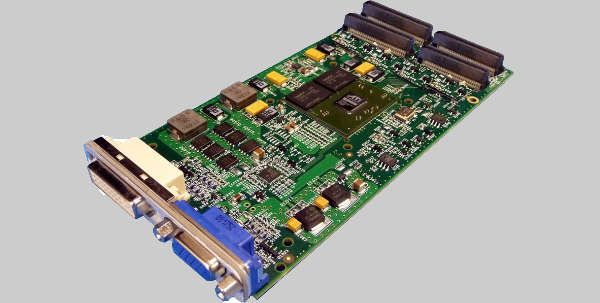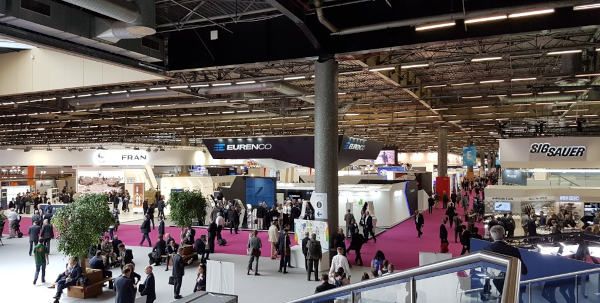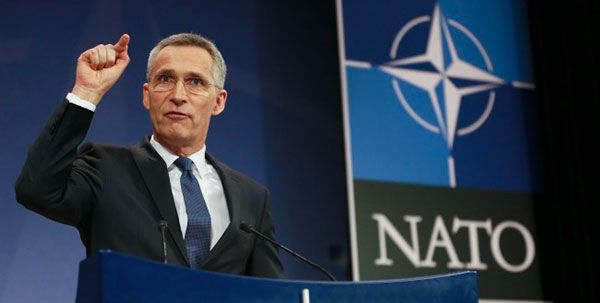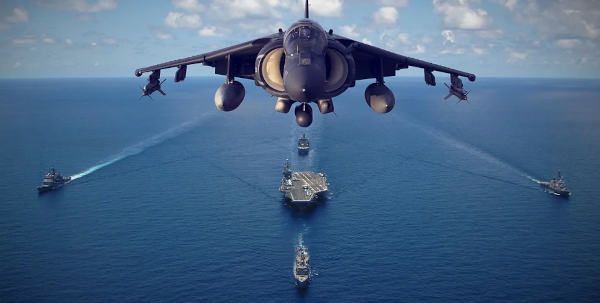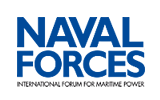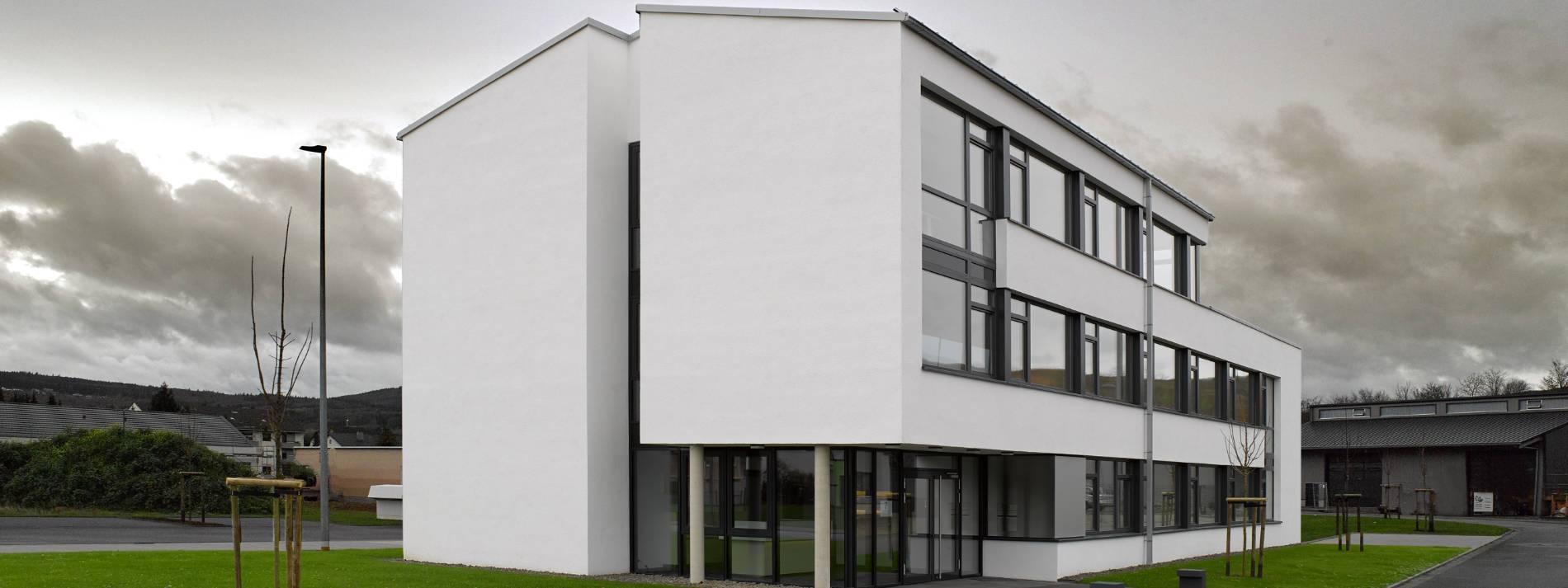SEA 1000 reaches all milestones but troubles persists below the surface
In April 2016, Naval Group won the bid for the Australian Future Submarine programme, SEA 1000. For the next decade, it will work with the Australian industry on Australian soil to build the Royal Australian Navy’s (RAN) 12 new ‘Shortfin Barracuda’ derived from the French ‘Barracuda’ class attack submarines. The main difference lies in its propulsion system, which will be a conventional diesel/electric solution.
To date, all milestones have been achieved within the schedule of the ambitious programme. Jean Michel Billig, Naval Group’s Executive Director for the Australian Future Submarine Programme, told MONCh: “Work on the programme is moving along at a good pace and we are happy to report that it is currently on time.”
Nevertheless, over the past few months SEA 1000 has been in the spotlight, primarily because one milestone was recently allegedly missed: following the signing of the design and mobilisation contract on 30 September 2016, Defence and Naval Group were required to produce the Australian Industry Capability Plan and an Australian Steel Development and Qualification Plan (ASDQP) within five months; to date, neither document has been published. Both parties have quickly reacted indicating that delays in publishing the ASDQP were related to Australian steel companies implementing appropriate security arrangements.
There has also been some criticism in relation to the management of the programme, mostly voiced by Senator Rex Patrick, who served as a RAN submariner and is now succeeding to Nick Xenophon in the Upper House. Some of his criticism in particular was aimed at Rear Admiral (RADM) Gregory Sammut, Head of Future Submarine Programme at Defence’s Capability Acquisition and Sustainment Group (CASG). On this topic, seeking to gather a more balanced view of the situation, MONCh spoke to different sources, which however all confirmed that RADM Sammut is working really well within the SEA 1000 project. Mr Billig indicated that, “the relationship with RADM Sammut is really good,” and another source close to defence matters indicated that RADM Sammut is one of the most capable military people that person has ever met, and therefore right to lead the programme on the Australian side.
Seeking further views on the programmes as a whole, MONCh contacted Andrew Davies, former Director of the Defence and Strategy Programme at the Australian Strategic Policy Institute (ASPI), who noted: “I would say in general that it is too early for anyone not able to access internal project documentation to be raising concerns.” In his view, this is a large and ambitious project, and while there is certainly room for issues to arise and significant delays to occur, there is currently no solid basis for making any prediction. Another source believed that Mr Patrick has been seeking to raise his public profile, and the situation in the submarine project is most likely not as bad as he suggests.
Most sources contacted therefore seemed to indicate that worries raised thus far were lacking in solid foundations, and that while there might be room for concerns or delays later in the project (after all, which mega project has not run into some level of delays), the programme is so far on track and Naval Group Australia is working well with Defence and other contractors.
However, whilst investigating these matters, sources have revealed that a different storm is brewing around SEA 1000 that no one else has thus far reported about. The first signs were undoubtedly the sudden resignation of Sean Costello from his position as Chief Eexecutive of DCNS Australia less than one year after the French company won the contract; this did not cause any concern as interim CEO Brent Clark is well liked and by all accounts is doing a good job. However, Sean’s departure was followed shortly after by the departure of Marie Pierre Bailliencourt, DCNS’ Deputy Managing Director who successfully led the negotiations for the submarine programme. The latter was the result of strong disagreements with top management.
Sources have indicated that these changes in management were unexpected in Australia and raised concerns, amongst people involved in the programme outside Defence and Naval Group, as to potential managerial issues at the heart of the programme. Given the importance of the contract negotiations that were underway, sources worried that internal disagreements could negatively impact the smooth development of the programme.
Indeed, even more confusing has been the appointment of François Romanet at Naval Group.
Romanet has been living in Australia for over a decade and is the current Chairman of the French Australian Chamber of Commerce and Industry (FACCI), with which he has been associated since 2008. He has also recently been appointed to the newly created role of President Australasia Naval Group, a title MONCh sources understand he requested.
According to Billig: “Mr Romanet is officially the representative of Naval Group in Australia and New Zealand, and his job description in this capacity is to anticipate the needs in the country (e.g. capability needs, competition, potential suppliers, role of national authorities in the programmes Naval Group is involved in). In this capacity, he represents Naval Group to Australian and New Zealand authorities, but he is not involved with Naval Group Australia or with the SEA 1000 programme; he has no decision-making role.”
Naval Group is, at least at present, a sole project company in Australia and there is little prospect of winning other significant contracts; moreover, while the Royal New Zealand Navy (RNZN) is progressively decommissioning a few of its fleet’s ships, there are currently no procurement plans for replacing them. Notably, Romanet has no responsibility for other Asian countries.
Instead, the way Romanet is behaving is confusing many people in France and Australia. In French media, he is at times reported to be President of Naval Group Australia, and sources in the industry in both countries have reported to the author that his behaviour in relation to the project could easily mislead anyone who is not familiar with his official job description. He appears to interfere quite often, despite what Naval Group told MONCh about his role.
Consequently, while the programme is moving along at pace, management issues within the group are certainly worrying those close to the programme. Indeed, Mr Davies added: “One thing that is causing some concern in Australia is that those French companies that already have a relationship and logistics arrangements with Naval Group will have considerable advantage over Australian companies starting a new relationship.” And though he added once more that it is too early to say how the industry arrangements will work, one cannot help but wonder if worries concerning Romanet’s behaviour are not also linked to that.
AV

